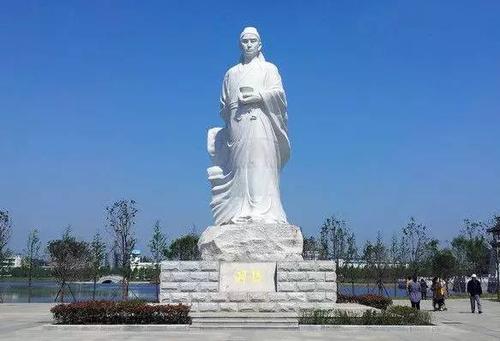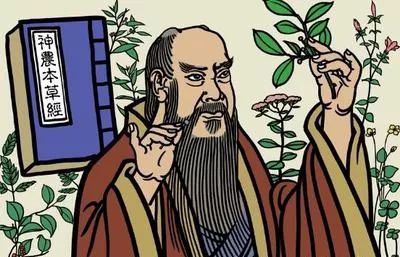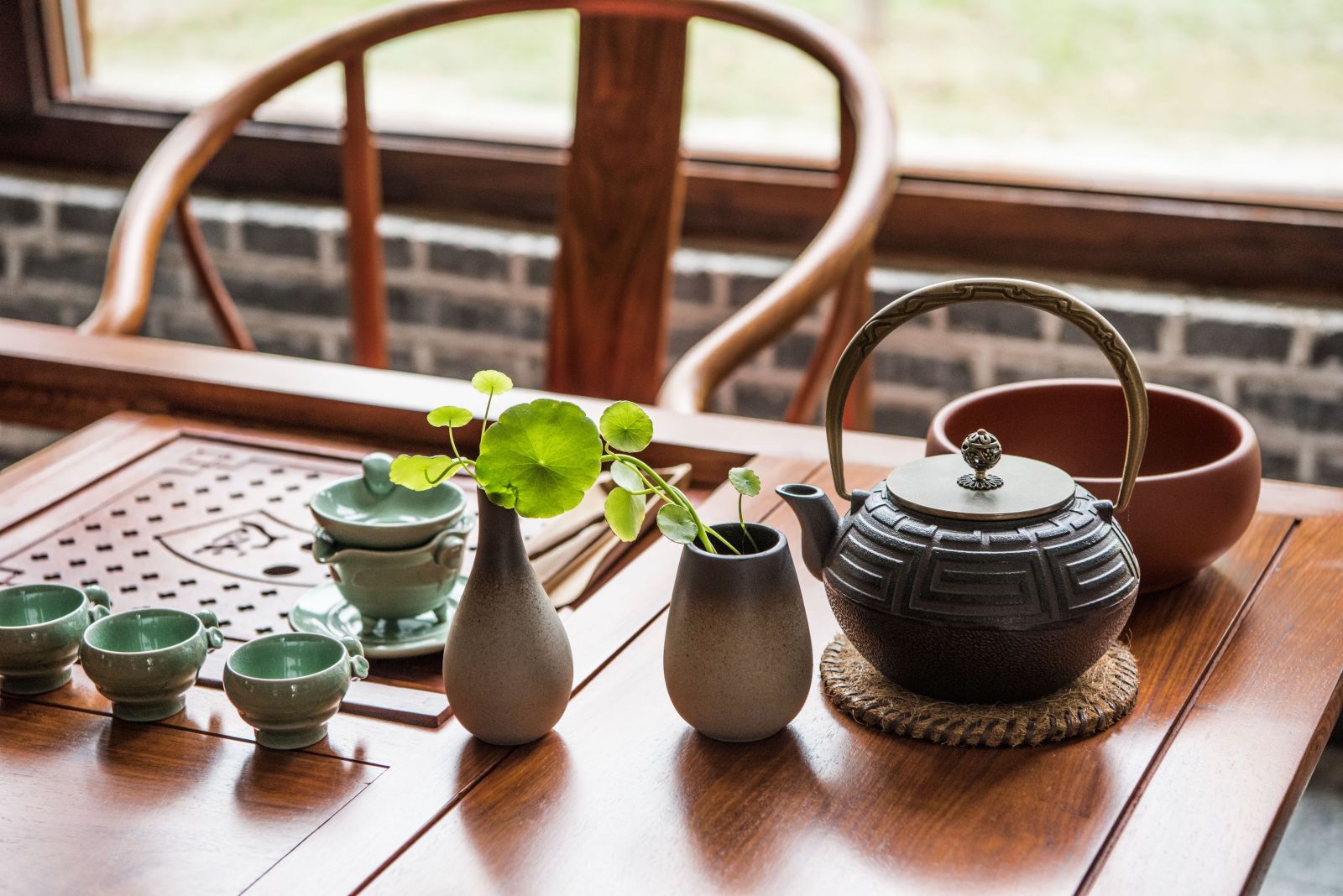China is the hometown of tea and the cradle of tea culture. The use of Chinese tea dates back to 4,700 years ago. As an embodiment of the miscellaneous thoughts of Buddhism, Confucianism and Taoism, Chinese tea culture reflects the time-honored civilization of the Chinese nation. Meanwhile, tea has also become one of the most popular and beneficial green drinks in the world.

Lu Yu is a renowned Chinese tea master and writer. He wrote the world’s first known monograph on tea - The Classic of Tea. In this book he established the groundwork for the development of proper tea service, which later evolved into the Tea Ceremony. He detailed the characteristics of tea plants, harvesting methods, and the equipment needed for the proper presentation of the finished drink. His code covered everything from the proper metals for pots to measuring and straining the tea, and to cleaning utensils. He became famous throughout China, earning even the patronage of the emperor.
Tea culture is knowledgeable, interesting, and recreational. People tasting famous tea and appreciating tea arts can find enjoyment. The environment for tea tasting generally consists of factors such as buildings, gardens, furnishings and tea wares. Tea drinking requires quiet, comfortable and clean environment. It is said that people can forget all the troubles in life when brewing and drinking tea. Many people like to drink tea with others, not only to share the tea, but also to experience the comfort of being with others.
When the Han people drink tea, they pay attention to the tasting of tea. The practice of brewing and serving tea is essential whenever there are guests or friends. The host may ask the guest’s preferences and select the best suited tea and tea wares. As a courtesy, the host generally notices the amount of tea liquid in the guest’s cup. If the tea cup is left less than half full, the host will fill it with the liquid at the right temperature.

According to legend, Shennong, the originator of Chinese herbal medicine, had a crystal belly. From the outside, one could see food moving in the stomach and intestines of Shennong. When Shennong drank tea, he found the tea flowed in his stomach and cleansed his intestinal tract. So Shennong used the Chinese character “查” (cha) to name this plant. As a matter of fact, the Chinese character of “查” (cha)means “examine” or “check” in English. From then on, Shennong persisted using cha as an antidote. Cha was then widely known and used by people because of him. Later, people used a different Chinese character “茶”(cha)to name the plant, which means tea in Chinese.
Residents of more than a hundred countries and regions all over the world love drinking tea. In some places, tea drinking is promoted as an artistic enjoyment. Different countries drink tea in different ways. British people from all walks of life like drinking tea. Tea can almost be called the British national drink. They like freshly brewed strong tea, adding a piece of sugar and a little cold milk. In New Zealand, locals drink tea as one of their greatest enjoyments in life. The time for drinking tea is also specified in many local institutions, schools and factories. And tea shops and tea houses can be found everywhere in many villages and towns. Thais like to add ice to tea, and it immediately cools down or even freezes. This is ice tea. In Thailand, local tea drinkers do not drink hot tea, and it is usually foreign guests who drink hot tea.
Drinking tea is an elegant taste for celebrities and public figures. It is also a vital part of everyday life for the majority of common people. Tea culture is a crystallization of human wisdom, benefitting the entire society. The frequent exchanges of international tea culture have made tea culture spread across the world and become the common spiritual wealth of all humankind.
